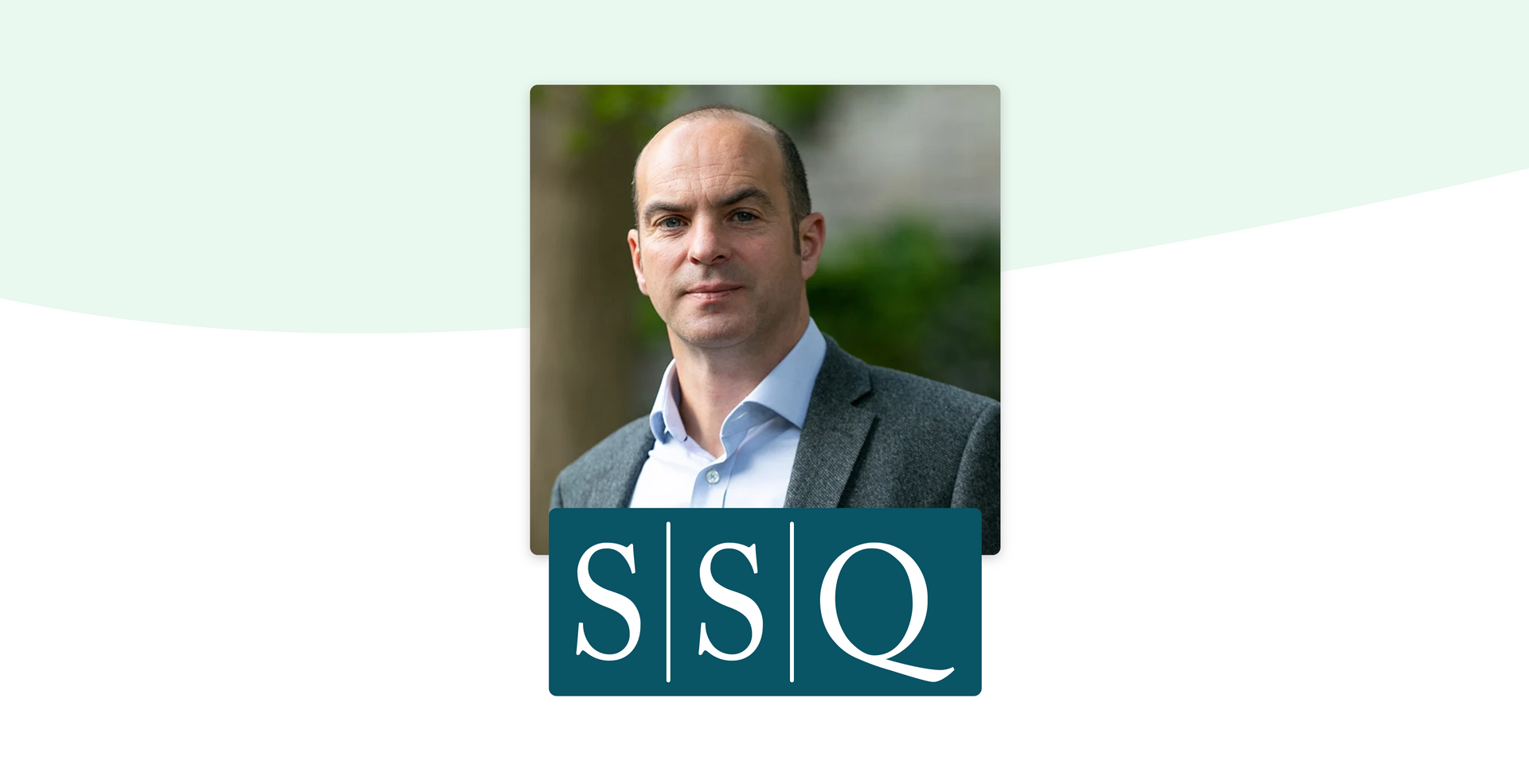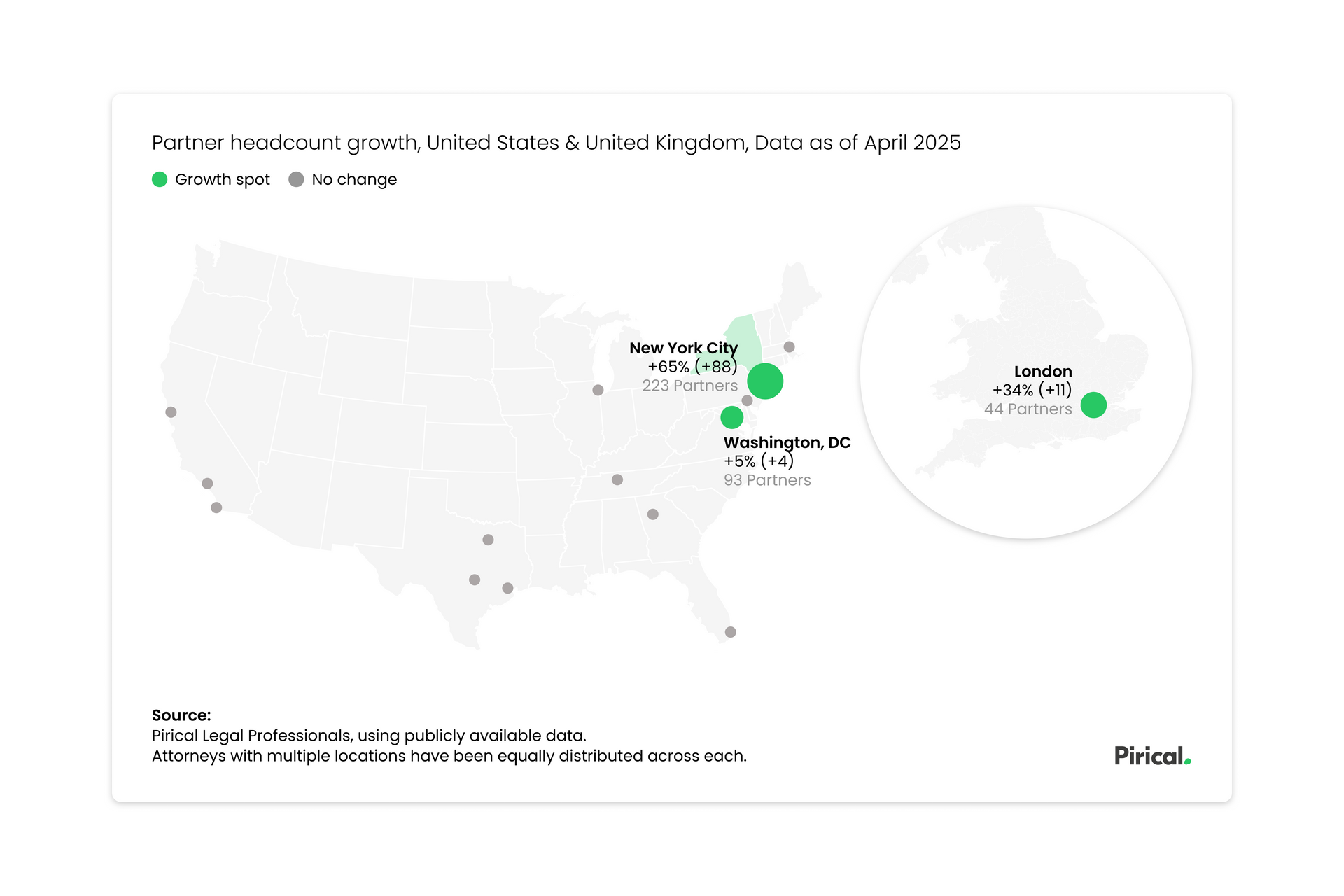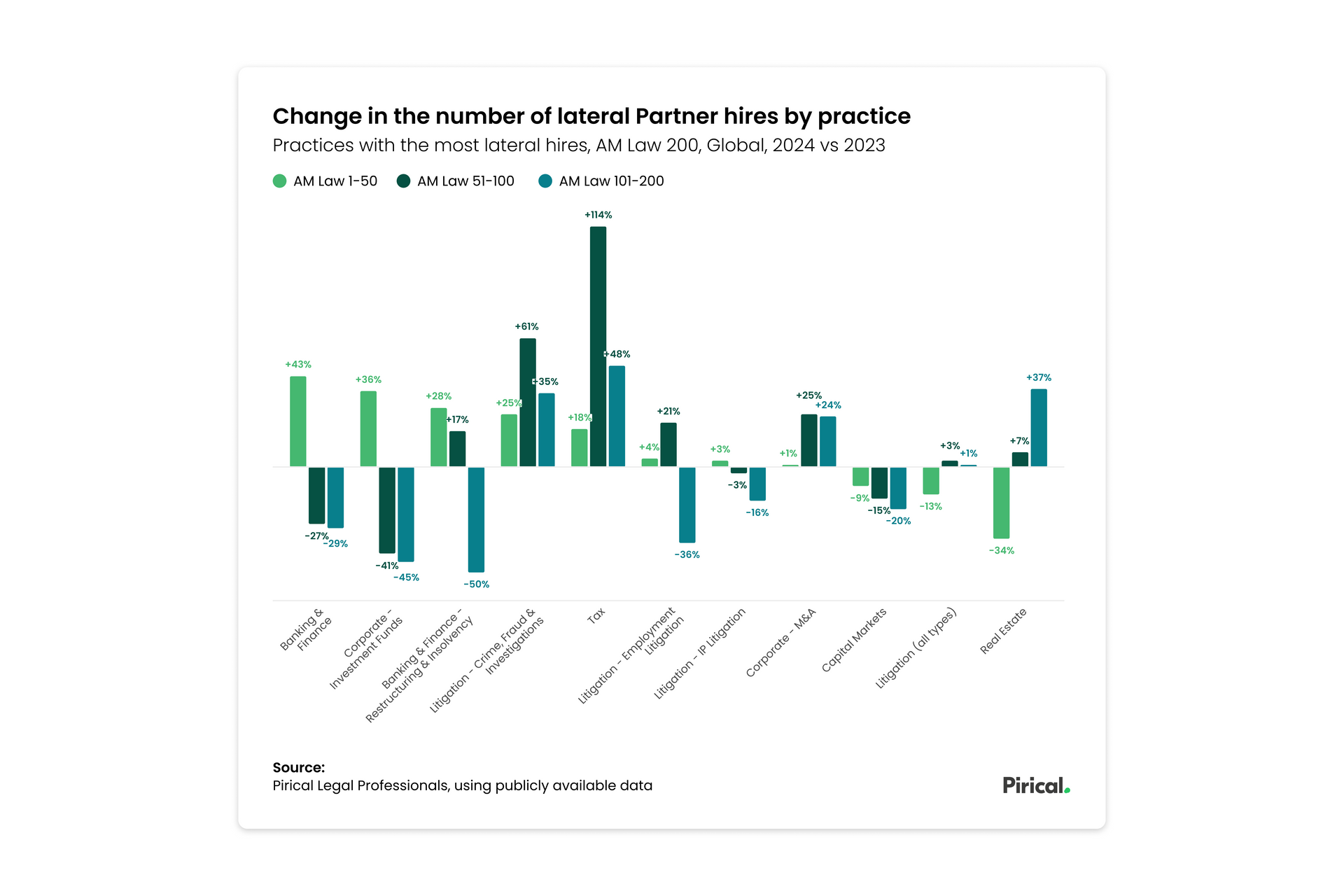How resilient companies respond to a crisis
Jason Ku, CEO and Founder, Pirical
Crises are normal in business and navigating them is expected of business leaders. While each crisis is unique, there are similarities that we can learn from.
Last week, I shared my experiences with my team to assure the company that economic downturns can be navigated, but also that the future will bring more opportunities than the past.
The (sanitised) email is reproduced below.
Dream Team,
A big thank you to each of you for persevering in this strange new world.
I read a quote that I wanted to share:
"For some organisations, near-term survival is the only agenda item. Others are peering through the fog of uncertainty, thinking about how to position themselves once the crisis has passed and things return to normal. The question is, ‘What will normal look like?’ While no one can say how long the crisis will last, what we find on the other side will not look like the normal of recent years.”
These words were written 11 years ago during the Global Financial Crisis by Ian Davis, the then Managing Partner of McKinsey.
I have been fortunate to have lived through 2 economic crises in my professional career. I wanted to share some reflections.
2001: Internet bubble followed by Sept. 11th
At 9am on Sept. 11th, 2001, I sat alone in a meeting room at Bloomberg's midtown office in NYC. It was 2 weeks after finishing my training programme and I was excited to start my career. I was waiting for our team meeting to begin, but nobody showed up. As I walked back to my desk, I saw people glued to the TV footage of the towers in flames.
Manhattan had shut down and all bridges and tunnels closed. I was fortunate to live a few blocks away from the office. Many colleagues who lived outside of Manhattan were stranded. I invited colleagues to spend the night at my place where we cooked dried pasta and watched the news.
Over the next few months and years, I witnessed how a first-rate company handled the immediate crisis of a terror attack and the recession that followed.
Here are three observations:
1) Relentless focus on customers
In the immediate days after 9/11, Bloomberg opened up its offices to customers who have lost theirs. Our training rooms were turned into hotdesks for the hardest-hit customers.
As the immediate effects of the terror attacks started to wane and the recession came into full force, sales teams reached out to customers to understand what the changing times meant for them and how the company could best serve them. Some initiatives were 'business things', others were 'human things' because it was the right thing to do.

2) Strategically manage costs and invest for the future
Bloomberg strategically cut costs (including cancelling the annual Christmas party) and invested it wisely. It launched company-wide initiatives to repay technical debt and improve infrastructure. I personally spent my early career refactoring code, fixing bugs, and giving the product long-overdue cosmetic updates. I was excited to help strengthen the product that allowed the company to bounce back faster when the economy recovered.
3) Get ready to ride the wave of recovery
Despite the pessimistic sentiments in the early 2000s, the economy recovered and came roaring back. Competitors who were less strategic or failed to act were crippled. I witnessed this from the London office, having transferred in early 2003 as part of Bloomberg's investment to acquire tech talent in Europe. We went through a period of seriously impressive growth.
2008 Global Financial Crisis
Fast forward a few years, and we hit the 2008 Great Recession. I was lucky to have secured a job at McKinsey during the summer of 2007, just escaping the hiring freeze to come. However, this meant I began my new career shortly before what would become the worst recession since the Great Depression.
Here are three observations on how the firm handled it:
1) Relentless focus on customers
The consultants called their clients to understand what they’re going through. The firm shifted its work to focus on what customers needed. They did thought leadership pieces to help customers think about their challenges and adapted the types of projects they did.
2) Strategically manage costs and invest for the future
The partners demonstrated leadership by forgoing their bonuses and the firm cut inefficiencies to create a leaner firm. Through creativity, insight, and rigorous prioritisation, the firm cut costs with minimal disruption and notice.
3) Get ready to ride the wave of recovery
The recession lasted 2-3 years before things started returning to normal. The global economy went through one of the longest periods of economic growth in modern history. And at McKinsey, we were busier than ever during this period
Now it's Pirical's turn
We are in tough times. Some say the economic impact will be worse than the GFC of 2008. One customer said things are on pause, but she's confident that things will come back. She said "You guys deliver incredible quality - we don't yet know what we'll need, but there is always a shortage of quality work."
Our strategy to navigate the current crisis includes the playbooks of those who have led the way before.
Relentless focus on customers
- continue to deliver high quality work to our customers
- call customers to understand their changing needs
- offer them some of our internal tools for free (e.g., our Team Barometer adapted for Working-from-Home)
- create thought leadership on the topics that matters most to our customers
Strategically manage costs and invest for the future
- explore creative ways to manage our costs with minimal disruption
- launch our rebrand
- invest as much as possible to prepare for the bounceback
The consensus is that it will be a turbulent few months followed by a slow recovery as the world gets comfortable with the new normal. But just like crises past, this too will pass. Stay healthy and stay resilient.
(end of team email)
What next?
I have spent a lot of time in the last few weeks speaking with our customers around the world, understanding the position they’re in and what challenges they are facing.
While everyone’s situation is different, I have been advising that the necessary responses are likely to include:
- Relentless focus on customers
- Strategically manage costs and invest for the future
- Get ready to ride the wave of recovery
Over the next few weeks, we will be publishing a series of insights - a mixture of our own experiences and our analyses on the market - including:
- Loving your team in the new world and managing a high-performing remote workforce
- Listening to the UK’s biggest consumers of legal services
- The potential impact of an economic crisis on diversity and inclusion
- Assessing the potential of distributed workforce models
By signing up to our mailing list, you can get email notifications when we publish.
It is important to use empirical evidence to make decisions and refrain from knee-jerk reactions. I think we can show that there are some obvious mistakes to avoid, as well as some opportunities ripe for investment.
I know we can all come out from this crisis stronger than before and more ready to take on the ‘new normal’ we will discover together.
Subscribe to the latest data insights & blog updates
Fresh, original content for Law Firms and Legal Recruiters interested in data, diversity & inclusion, legal market insights, recruitment, and legal practice management.






